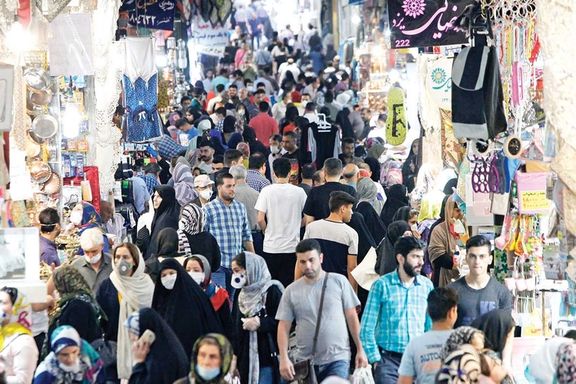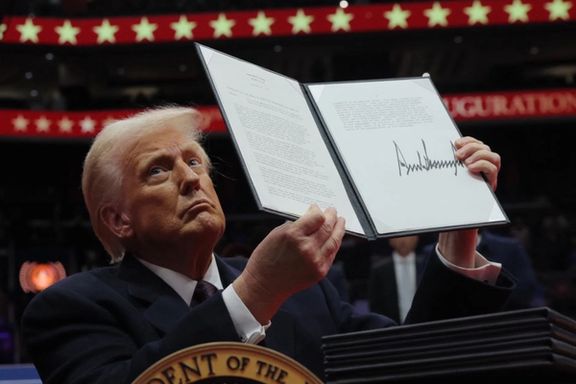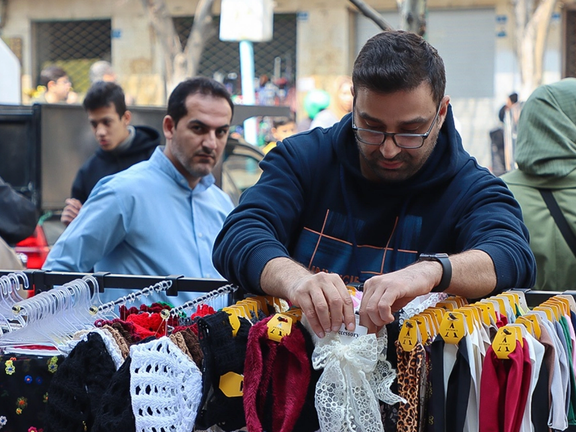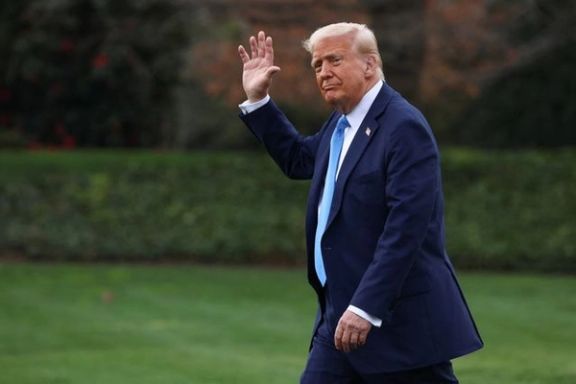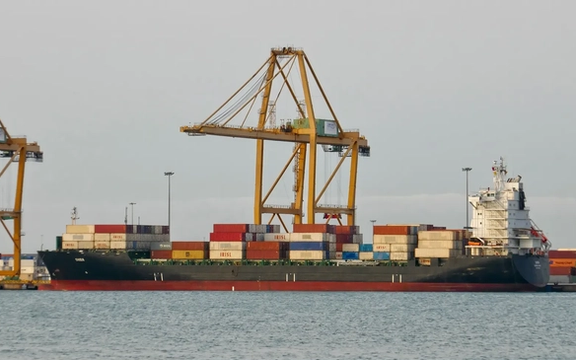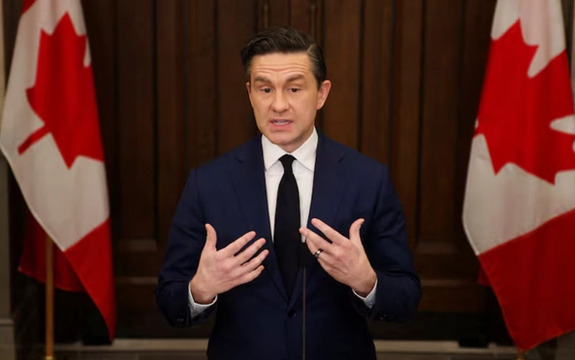“It is a real tragedy,” said Mohamad Machine Chian, a senior researcher at the Center of Governance and Markets at Pittsburgh University on the Eye for Iran podcast. “Their quality of life has been steadily dropping for the past couple of years. But especially the past year, it has been a disaster.”
Chian told Eye for Iran that the Iranian government has continued to prioritize funding the Islamic Revolutionary Guard Corps (IRGC) and military ventures over investing in the wellbeing of its citizens.
Since President Masoud Pezeshkian took office, the Iranian currency has halved in value.
With unemployment surging above 70 percent, millions are struggling to afford basic necessities as crippling inflation and poverty grip the nation.
The sharp depreciation has driven inflation above 40 percent, with food prices soaring by as much as 100 percent in some cases. As the crisis deepens, the economic strain on ordinary Iranians is only expected to worsen in the coming months.
Machine Chian said President Pezeshkian missed numerous opportunities to address the deepening crisis and has failed to include a welfare plan in the budget to alleviate citizens' suffering.
“One such opportunity was that President Pezeshkian could have put together next year's budget in a way that convinced the Islamic Republic’s powers to at least, for a year, halt increases in military spending. That could have deescalated the situation,” said Machine Chian.
"This is during a crisis. He (Pezeshkian) should have prioritized the budget for basic necessities. But he prioritized the IRGC," said Machine Chian.
Iran implemented a 200 percent increase in military spending for the Persian year beginning this month and will aim to boost revenue through higher taxes despite a big deficit and a moribund currency besetting the economy.
It's bad...but just how bad?
The economic crisis is the worst Iran has experienced since the inception of the Islamic Republic, according to Mahdi Ghodsi, an economist at the Vienna Institute for International Economic Studies. Remarkably, Ghodsi says that the economy was better even during the eight-year war between Iran and Iraq.
“It's the worst situation, it's the worst condition, the direst condition that Iran has ever experienced,” said Ghodsi.
Ghodsi added that the reasons for this collapse are multifaceted, including Iran's militant stance in the region as a means of preserving the ruling system.
“It’s a dark comedy,” Ghodsi told Eye for Iran. “Leaders of Iran are mingling in a situation of lack of policy because their only objective is to survive. And to survive, they feel the need to initiate wars and increase tensions with other countries.”
Oil revenue: how much does it matter?
The looming uncertainty over a potential war with the United States or a new nuclear deal is also deepening the economic crisis.
Since President Trump took office, the rial has plummeted by 80,000. The administration has imposed new sanctions targeting Iran’s oil industry, including Chinese “teapot refineries” processing Iranian crude.
US Secretary Treasury Scott Bessent recently said, "If I were an Iranian, I would get all my money out the rial now."
The Iranian state relies heavily on oil exports. However, at the current rate of oil exports, the revenue generated is insufficient to cover even basic pension funds, according to Machine Chian.
Iran's oil exports totaled $54 billion in 2024, up slightly from $53 billion in 2023, with volumes averaging 1.5 million barrels per day, according to the US Energy Information Administration.
However, President Trump signed an executive order vowing to reduce Iran’s oil exports to zero. Both Ghodsi and Machine Chian say that while the world markets can endure such a move, the impact on Iran’s economy would be crushing.
Iran currently attempts to stabilize the prices of basic goods and services by injecting US dollars into the economy. But if oil exports fall to zero, the state will lack sufficient foreign currency reserves, leading to further spikes in inflation and continued depreciation of the rial.
This also means Iran would no longer be able to subsidize the price of gasoline.
If the government can't subsidize gasoline prices, then there will likely be an increase in prices this summer, both economists warn.
Ghodsi and Machine Chian said that could lead to nationwide protests similar to the November 2019 protests, which erupted after a sudden increase in fuel prices and quickly spread as a broader expression to fight the establishment. Hundreds were killed and more than 7,000 were arrested.
But according to both economists, any meaningful change in Iran’s leadership through maximum pressure cannot happen without maximum support for the Iranian people.
With the shadow of war looming or a potential nuclear deal, the rial may continue to spiral. Rising inflation and economic hardship will likely fuel further public discontent, while tensions keep diplomatic and military risks high.
You can watch the full episode of Eye for Iran on YouTube or listen on any podcast platform like Spotify, Apple, Amazon or Apple.
